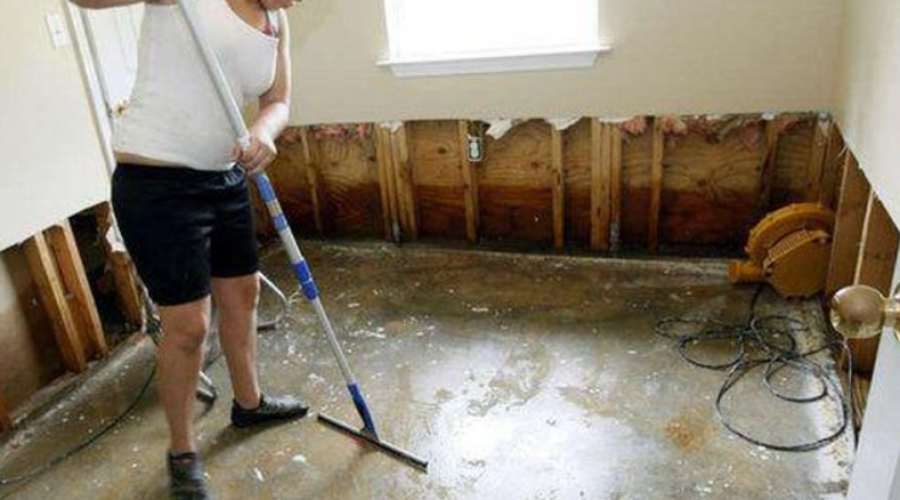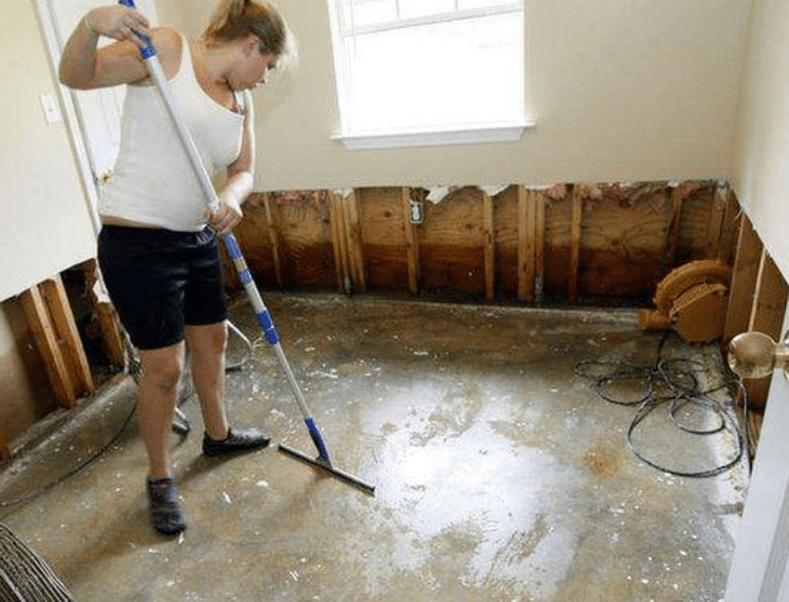
Reasons Why Your Basement Might Leak In Winter In Riverside County
Water problems in your basement during the winter can be challenging to deal with. Read on to discover some of the common reasons why you might get a basement leak in winter.
Insufficient Drainage System
The drains, eaves, downspouts, etc., on your house, are in place to move water away from the structure. In the winter, when the world should be frozen, you might not think that water is going to get into your basement.
However, there are still some sunny, warm days that will melt the ice and snow, and if your gutters are clogged, that water will drain into your basement.
Downspouts should direct water six to four feet away from your house. Six feet is ideal. It’s also recommended that you take the time to remove leaves and branches from your gutters to prevent water from getting into your basement during the winter.
Your Basement Creates Heat
Your basement is warmer than the freezing temperatures outside. The heat from your basement can radiate up to eight inches outside of the walls and melt ice and snow. If you have cracks or holes in your foundation, it will get inside your home as the ice and snowmelt.
Hydrostatic Pressure
If you’ve never heard the term “hydrostatic pressure,” this is a sophisticated way of talking about the downward pull of gravity.
When the heat from your basement melts ice and snow, hydrostatic pressure pulls it downward and traps it between the ground and your basement walls. If there are cracks or holes in your foundation, this will allow the water to seep through.
As hydrostatic pressure pushes that water downward, water can accumulate in large quantities. Since it can’t flow through the frozen soil, it may go against your foundation and cause new cracks to form, allowing it to leak into your space.
Soil Type
Having suitable soil around your home also needs to be adequately sloped. This ensures that moisture drains away from your home instead of directly into your basement. The slope should be six inches and directed away from your home. There should also be a clear path so that water can flow freely. Any obstacles may cause the water to back up and flood your basement.
Clogged Drains
Cold winter weather freezes plumbing, and if the sewer line freezes, the water will back up into your basement.
Freezing temperatures can also impact your sump pump. If this device gets burst due to ice, it can lead to a flood in your basement.
Winter Basement Leaks
There are ways to prevent winter basement leaks from occurring.
This includes maintaining your gutter and downspout system, as well as making sure it directs water far enough away from your house, fixing any holes or cracks in your foundation, surrounding your home with the suitable soil and slope, and keeping all basement drains free and clear so that they won’t clog.
At 24/7 Leak Detection, we offer multiple leak detection services and we can help you out with basement leak detection issues.



